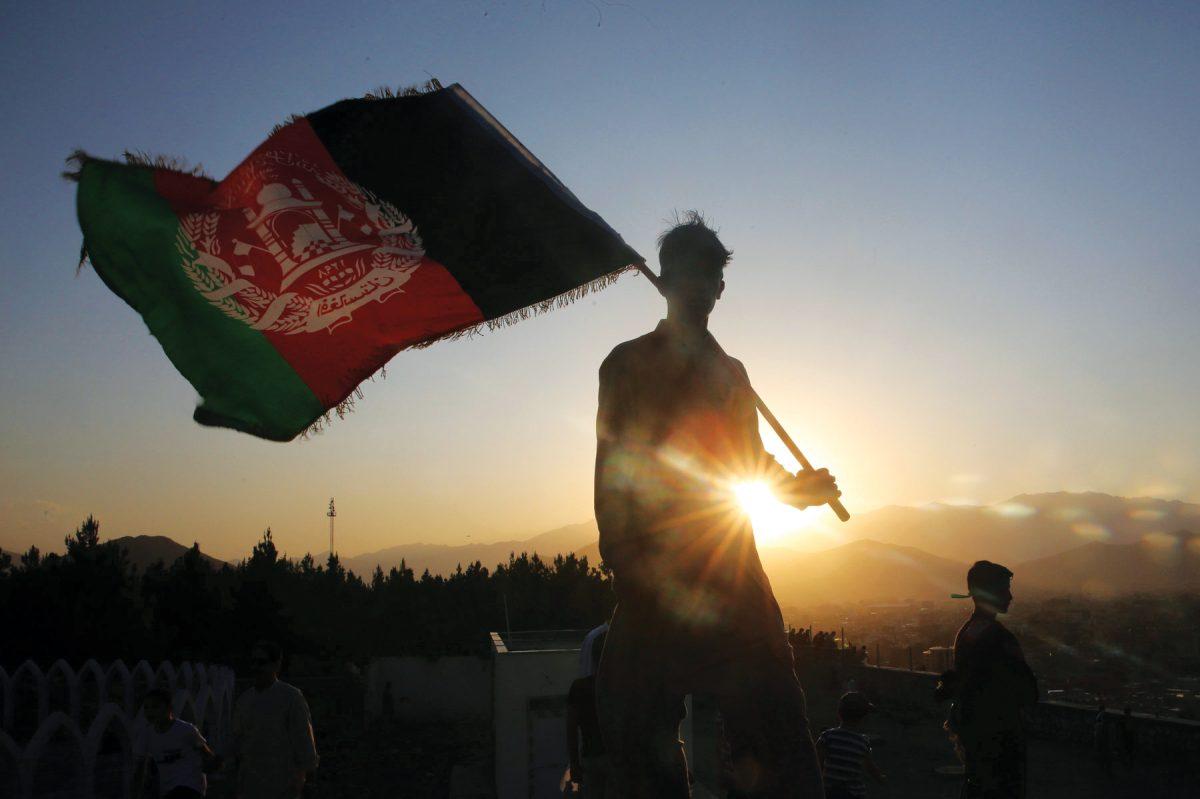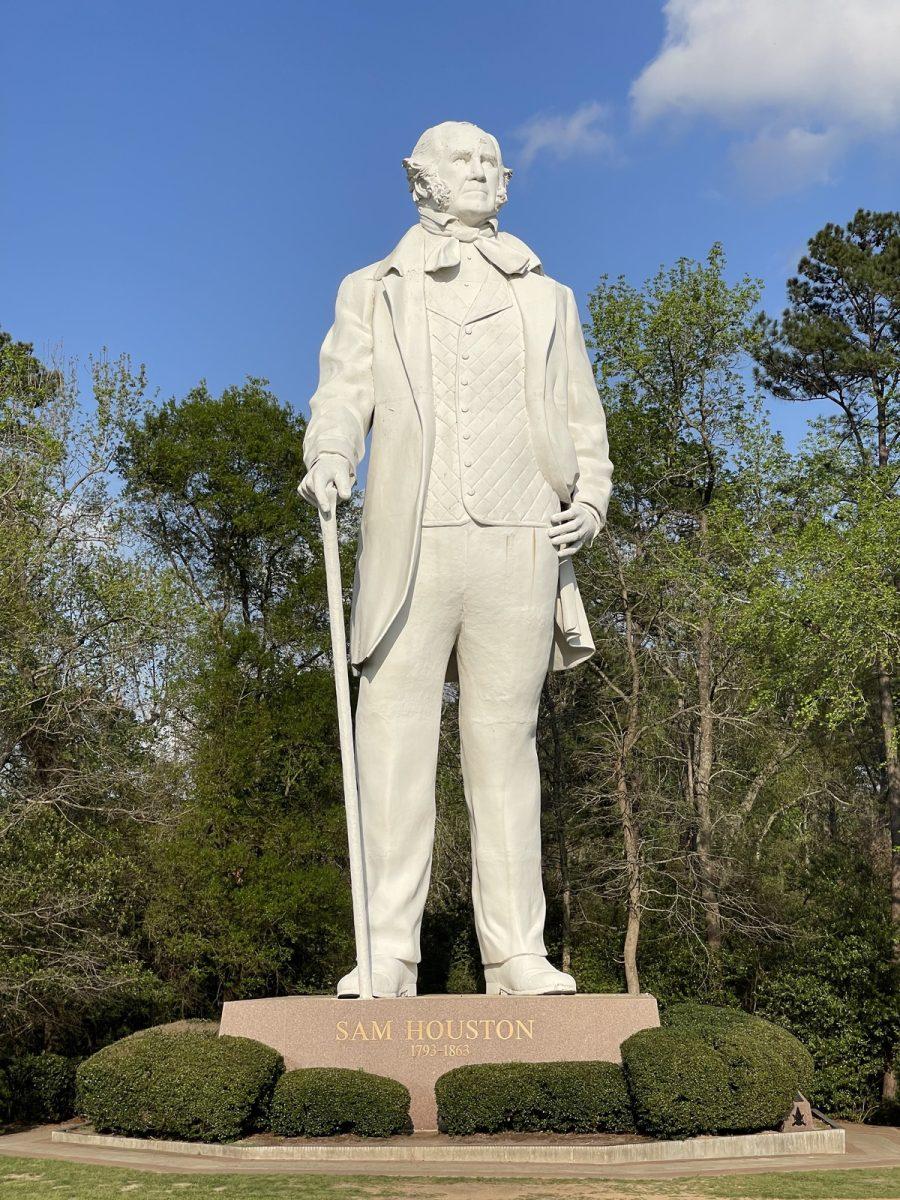
On Feb. 20, The New York Times published an opinion piece by Sirajuddin Haqqani, addressed in the article as the deputy leader of the Taliban. Many criticized his platforming, because of his reputation as a terrorist who caused the deaths of many civilians.
The piece serves as propaganda for what the Taliban want, stating they seek a country where “all Afghans have equal rights.” Even if Haqqani was sincere about his motivations, the article becomes untrustworthy due to the actions that the terrorist leader has committed to achieve that goal.
The person or organization that commits such acts against a civilian populace does not act in accordance to other peoples’ will to those around him, but forces through violence and terror the way he wants the country or world to run.
Then the difficult question: how did United States generals differ in bringing about their ideology through violence, leading to deaths of many civilians?
The idea of bringing democracy, that the people of Afghanistan should have an equal say in government, is a good idea to aspire to. However, the means that the government of the United States’ generals have taken to promote that ideology has ultimately tainted it.
The Taliban’s actions have led to more civilian deaths. However, the United States generals’ use of indiscriminate airstrikes seem to indicate that separating civilians from soldiers is not a high priority on their list.
An argument that differentiates United States generals from terrorist leaders is that the generals do not order their soldiers to hide among the civilian population.
However, one fact remains, whether it was a Taliban bomb strapped to a vest or a United States bomb dropped from the sky, the dead will remain dead. The generals who formulate the actions know there will be a mass amount of people dead by the end. These actions place them in the same moral category as those who organize such attacks through terroristic organizations.
If a person who plans an idea that results in mass casualties is not given a chance to explain their side of the story, then the same should apply to everyone who does the same.
By that same logic, just as Haqqani was denied his right to be heard, it shouldn’t matter whether generals work inside our system to inflict suffering on foreign people; it should be considered morally wrong for them to speak.
The reasons that determine not giving someone a platform to speak should be chosen carefully.
Ultimately, with this argument in mind, there is a tough choice to be made. Either we allow speakers with a history of violence to promote their ideas and justify themselves without criticism. Or, we look at the actions carried out in the name of our country’s ideas and make sure that our military does not similarly use violence to promote ideas we agree with.





